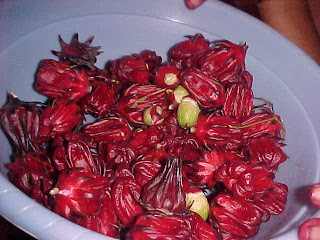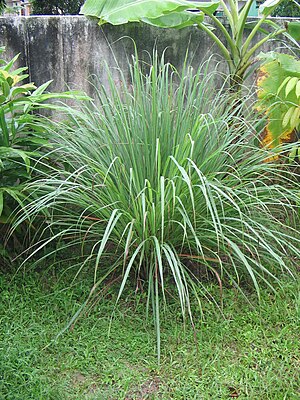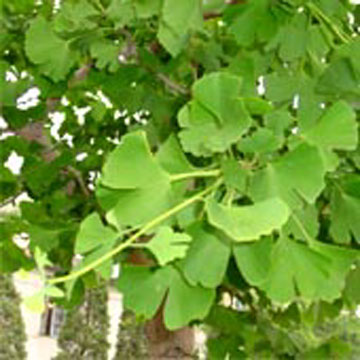What a powerful herb! Ginger has been around for centuries. It is one of those herbs that everyone should have in their kitchen. It is so potent and good for many different ailments and overall maintenance of optimal health. I love ginger. I always have some on hand. I make tea with it and use it in my gravies.
Now of course you know I cannot have a herb in my kitchen and not know what it's good for. Well I can but what good would that do. I need to know the power of the natural things that God has placed on the earth for man to thrive. So I've done the research and now I'm sharing with you. See how much I love you? I'm saving you the time and hassle of searching for the information yourself. LOL. So, without any further ado, here are the health benefits of ginger:
- May be used to stimulate blood flow to the extremities in cases of blood circulation problems
- Promotes perspiration
- Induces gastric secretions
- Useful for slow or difficult digestion
- Helpful with flatulence
- Aids in relieving colic
- Alleviates sore throat when used as a gargle
- Helps to alleviate menstrual cramps
- Useful for colds and flu
- Anti-inflammatory
- Good remedy for arthritis
- Reduces and regulates blood cholesterol
- Lowers blood pressure
- Helps prevent the formation of blood clots
- Excellent for morning sickness
- May help prevent strokes
- Could be used to prevent hardening of the arteries
- Is a blood thinner
- Reduces fevers
- Relieves vomiting
- Soothes the stomach and spleen
- Good for internal body cleansing
- Alkalizes the system
- Use in respiratory and lung/chest clearing combinations
- Kidney stimulant to increase kidney filtration
- Reduces migraine headaches
- Combats nausea caused by motion sickness
- Stops griping and cramping especially in the abdominal and intestinal area
- Arrests excessive menstrual flow
- Increases the flow of urine
- Beneficial during pregnancy
- Contains lots of minerals
If you liked this article and want to know when I post new articles and recipes, subscribe to the Fruitful Vine Newsletter.
If you have a question on vegetarian eating that you would like me to answer then fill in this short form to submit your question. I'll answer in an Ask Jenn video on Wednesdays.
Visit and like the Fruitful Vine Facebook Page for even more articles and links on healthy living.
For God's Glory!
Sources
Little Herb Encyclopedia: The Handbook of Nature's Remedies for a Healthier Life
Amazing Power of Healing Plants





















